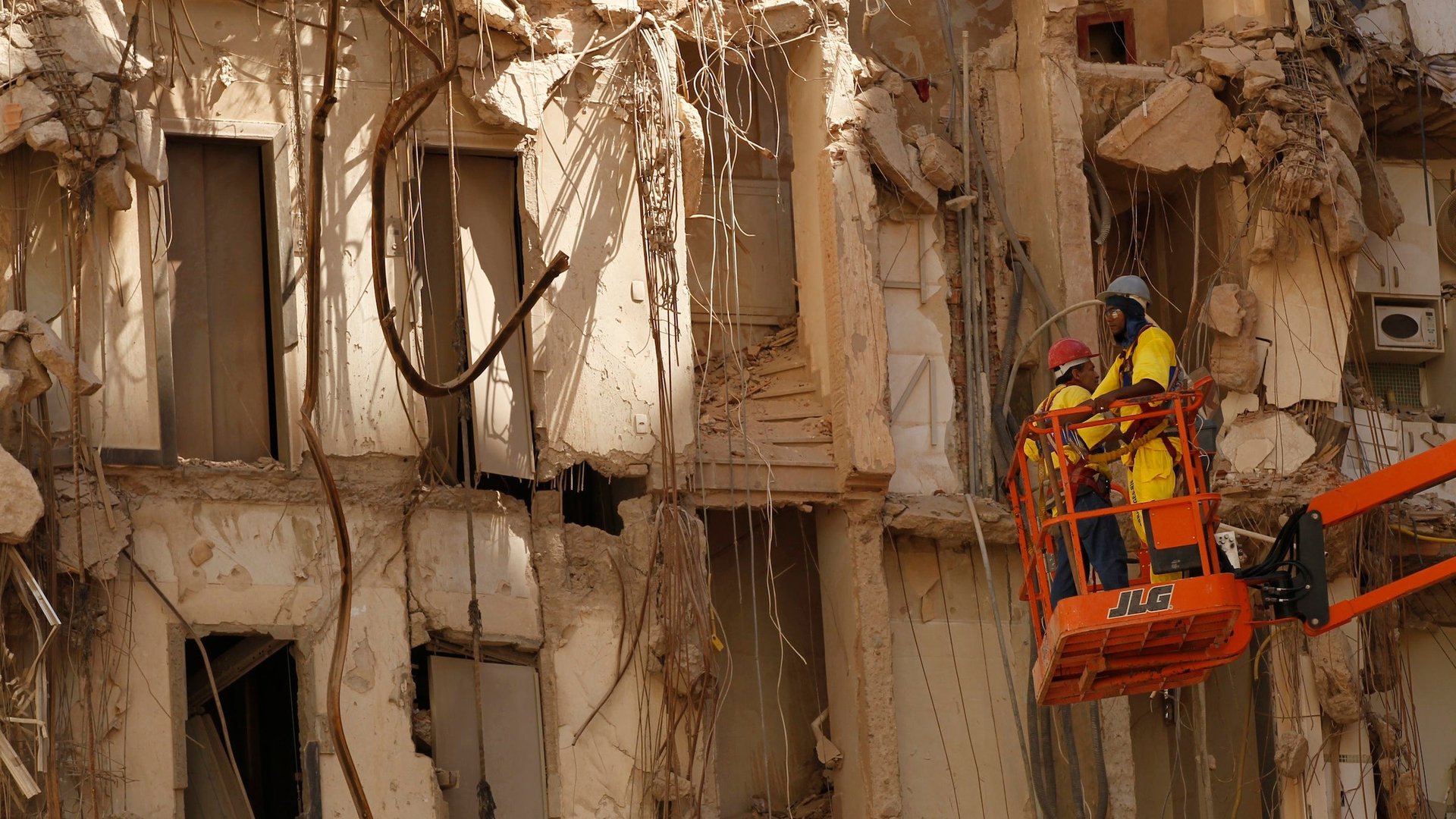2013 could be a good year for deals in Brazil—if the government lets it
Brazil’s economy has always been a little erratic: the country’s stock market, the Bovespa, gained 83% in 2009 and declined 18% in 2011; its GDP grew 7.5% in 2010 but only 1% last year. This year, deal-making is poised to grow by 40%, with strong activity in infrastructure, retail, and electricity, according to BTG Pactual, Brazil’s largest investment bank. ”The [deal] pipeline now is the biggest I’ve had since I started at BTG in the beginning of 2009,” its head of M&A told Bloomberg.


Brazil’s economy has always been a little erratic: the country’s stock market, the Bovespa, gained 83% in 2009 and declined 18% in 2011; its GDP grew 7.5% in 2010 but only 1% last year. This year, deal-making is poised to grow by 40%, with strong activity in infrastructure, retail, and electricity, according to BTG Pactual, Brazil’s largest investment bank. ”The [deal] pipeline now is the biggest I’ve had since I started at BTG in the beginning of 2009,” its head of M&A told Bloomberg.
But Jim Allen, the head of Latin American M&A at Morgan Stanley, is slightly less optimistic. In part that’s because he thinks cross-border deals won’t do as well as purely domestic deals, which are BTG Pactual’s bread and butter. Still, Allen told Quartz he doesn’t think the Brazilian economy will grow particularly fast this year—and deals won’t either: “You’ll get a variety of perspectives on where the economy is going: they range from very pessimistic to some seeing a modest improvement from last year. But no one thinks it’s going to snap back miraculously. And deals follow the domestic economy.”
One reason BTG expects such growth is because CADE, the antitrust authority that must approve every single merger and acquisition in Brazil, has reduced the time it takes to review deals—to between 20 and 50 days, from around 150 before new rules were put in place last year. That is even quicker than in the US, says Allen. And the new rules are an improvement from prior practice: they require approval before a deal is closed, whereas CADE previously reviewed, and could sometimes undo, deals after they had already been completed.
However, an increase in deals in 2013 is likely to be skewed towards government concessions, not corporate M&A, says Allen. Brazil’s president, Dilma Rousseff, recognizes that the country’s infrastructure is woefully inadequate. Last year saw three big airport deals, driven by the mounting pressure of the 2014 soccer World Cup in Brazil. That, along with the 2016 summer Olympic Games in Rio de Janeiro, will be the impetus behind many of this year’s deals. Two new airports could be privatized (in Rio de Janeiro and Belo Horizonte) as well as new road, railroad, and oil concessions (the last round of which was in 2008).
If corporate deal-making goes up too, it could well be in spite of rather than thanks to Brazil’s government, which has grown increasingly interventionist. In their attempts to engineer a perfect economic state, policymakers have become brash, imposing volatile and unpredictable capital controls to manage the value of the Brazilian real and setting price controls on electricity in the name of taming inflation (electricity stocks have plummeted).
A research note from Roubini Global Economics argues that the future health of the Brazilian economy is uncertain, and that recent policy measures have “undermined the credibility of both the central bank and finance ministry.” Listing unrealistic forecasts and inflation benchmarks, surging inflation levels, fiscal targets that are rarely met (and when they are, only via accounting acrobatics), the economists believe Brazil’s government refuses to recognize “that the problems the country faces are endogenous.”
If they are right, misguided policy could discourage private investment as well as deal making. And that would drag down macroeconomic performance as a result.